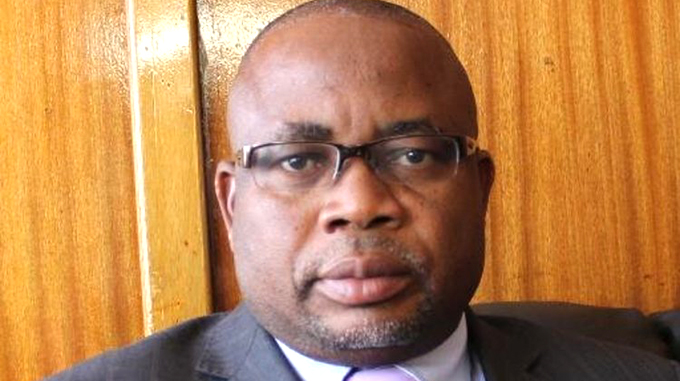‘Energy key to transformation’

Farirai Machivenyika Senior Reporter
Adequate energy is key to the implementation of projects set out in the National Development Strategy 1 (NDS1), and consequently to the achievement of Vision 2030 of attaining an upper middle income economy, President Mnangagwa has said.
In a speech read on his behalf by Defence and War Veterans Affairs Minister, Oppah Muchinguri-Kashiri, at the launch of the US$30 million Centragrid Solar Power Plant in Nyabira, Mashonaland West Province, President Mnangagwa said: “This occasion symbolises the implementation of the projects as planned in the National Development Strategy 1 (NDS1) and is a step towards the realisation of our vision 2030 of attaining a middle income status. The provision of adequate sources of energy will be central to the achievement of this goal.
“The Government of Zimbabwe has demonstrated its untiring efforts to provide affordable and environment-friendly energy in line with Vision 2030.
“This signifies Government’s broad willingness to shift boundaries in the promotion of renewable energy.”
Solar is clean energy to which Zimbabwe has committed to gradually migrate in an effort to reduce dependence on sources that cause climate change. At the peak of construction being done by Sinohydro, Centagrade will employ up to 500 people.
The project is a joint venture between Centragrid, National Social Security Authority (NSSA) and Old Mutual.
NSSA is investing US$8 million into the project while Old Mutual will provide US$22 million in the form of equity and debt.
The project is expected to take between 9 and 12 months to complete.
President Mnangagwa said the implementation of NDS1 programmes and projects should be underpinned by well-thought out policies such as the Renewable Energy Policy launched in 2019, whose main objective is to create an enabling environment for investment in the sector.
Centragrid is presently producing 2,5MW, which will be increased to 25MW, to become the largest solar plant in the country.
The project also targets to construct a 4,5km transmission line from Nyabira to join the Norton-Bindura transmission grid, thus contributing towards the NDS1 target of an additional 280km of transmission and distribution network by 2025.
In addition to power generation to support 100 000 households and drive industry and commerce towards Vision 2030, the project will create jobs for 250 skilled and semi-skilled workers and will ensure gender mainstreaming in its employment drive.
President Mnangagwa added that the solar project did not only represent a step forward in terms of increasing the share of renewable energy for Zimbabwe, but will serve as a showcase for future sustainability and economic development initiatives.
“It is also important to note that joint ventures of this nature blend well with my Government’s efforts of turning the tide against the triples of unemployment among the youth, poverty and inequality,” President Mnangagwa said.
“We believe renewable energy spin-offs and benefits are going to be enjoyed by our rural communities as we continue with our progressive push towards rural electrification.
“The design and modes of implementation of solar projects must be biased towards rural economic development so that no one is left behind.”
The President said it was therefore critical to invest in renewable energy as a way of improving energy productivity and ensuring modern energy for all if the country were to achieve Social Development Goal 7 of providing clean and affordable energy by 2030.
Local companies were encouraged to invest in the energy sector as it was difficult to secure offshore funding because of the illegal sanctions imposed on the country.
President Mnangagwa commended NSSA for committing to increase its investment in the renewable energy sector, and called for collaboration between Government and the private sector to combat the effects of climate change.
Zimbabwe is a signatory to the Paris Agreement and has set targets to reduce carbon emissions in the Nationally Determined Contributions (NDC).
The President said while the energy sector was the main contributor of the emissions through thermal plants, following the COP26 meeting in Glasgow, Scotland, world leaders were encouraged to make concerted efforts to reduce carbon emissions.
“However, we should also bear in mind that as much as we would like to swiftly shift to renewable energy sources, they still have their own constraints such as no sunshine in the evenings.
“We therefore shall come up with a plan as Government on how to phase down the usage of fossil fuels not ‘phasing out’. Consequently, the country will continue implementing those planned coal and large hydro projects like Hwange 7 and 8 and Batoka,” he said.
Energy and Power Development Minister Zhemu Soda commended the joint venture between the three organisations and said they would continue incentivising private players to invest in the energy sector.
Over 90 private players have been licensed by the Zimbabwe Energy Regulatory Authority (ZERA) although many are facing funding challenges.









Comments